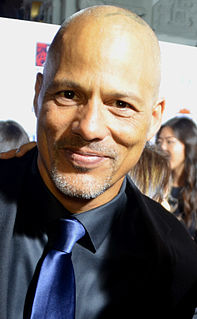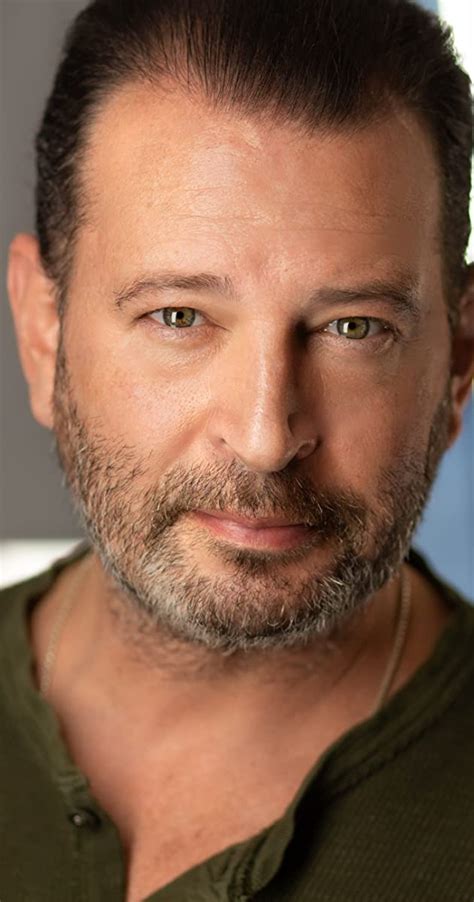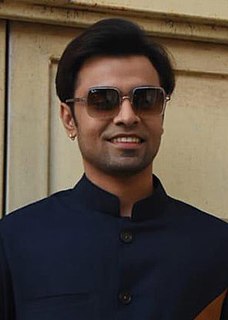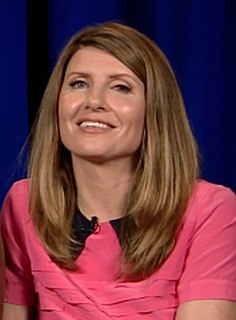A Quote by Joss Whedon
I used to write chronologically when I started, from beginning to end. Eventually I went, 'That's absurd; my heart is in this one scene, therefore I must follow it.'
Related Quotes
When I set out to write a screenplay, I have in my mind a beginning and an end but that end part continually changes as I start to write the middle. That way by the time the screenplay is finished I have taken myself and my audience from a familiar beginning point through the story to an unfamiliar ending point.
Anything is one of a million paths. Therefore, a warrior must always keep in mind that a path is only a path; if he feels that he should not follow it, he must not stay with it under any conditions. His decision to keep on that path or to leave it must be free of fear or ambition. He must look at every path closely and deliberately. There is a question that a warrior has to ask, mandatorily: 'Does this path have a heart?'
I'm from a singing family, but they're not professional singers, only gospel - my grandfather was a minister. I started to sing the music that was out then because my mother used to play it all the time. It was the end of the '50s, the beginning of the '60s. There was Frankie Lyman and the Teenagers, Etta James... We used to sit outside on the stoop and sing. We even used to put our radios and record players outside.
God plants dreams in people's hearts. But many people do not continue all the way to the end in order to follow Him to the fulfillment of that dream. Many get started and quit get started and quit get started and quit. They do not continue because their broken heart overwhelms their hope. They do not have any inner strength to carry them through to the end. Jesus will bind up your wounds and heal your bruises. His Word is the medicine for your soul.





































